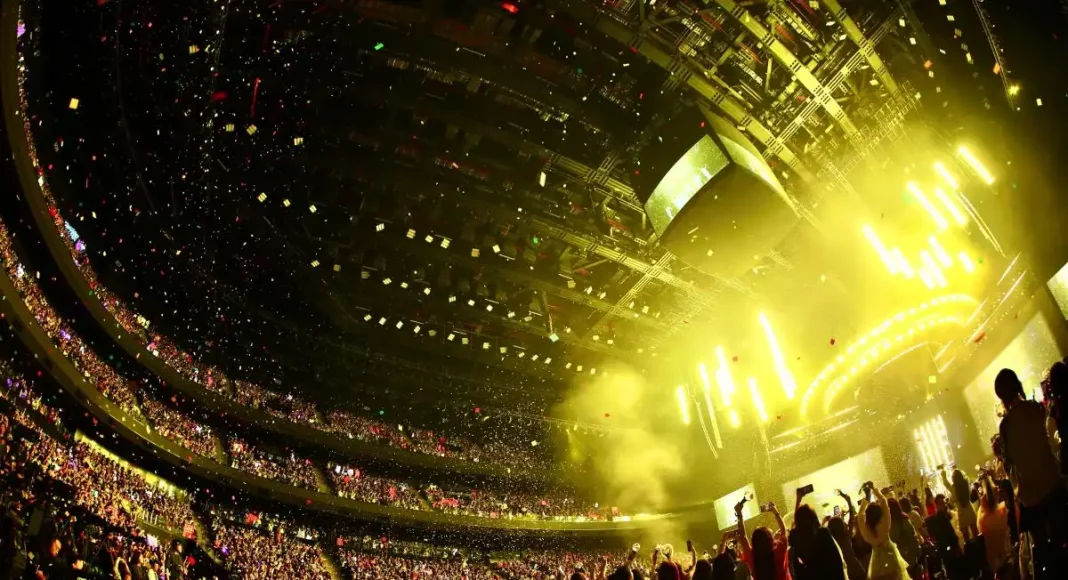Holding concerts has already become the main driver for tourist volume in Macau among all non-gaming elements, according to a scholar.
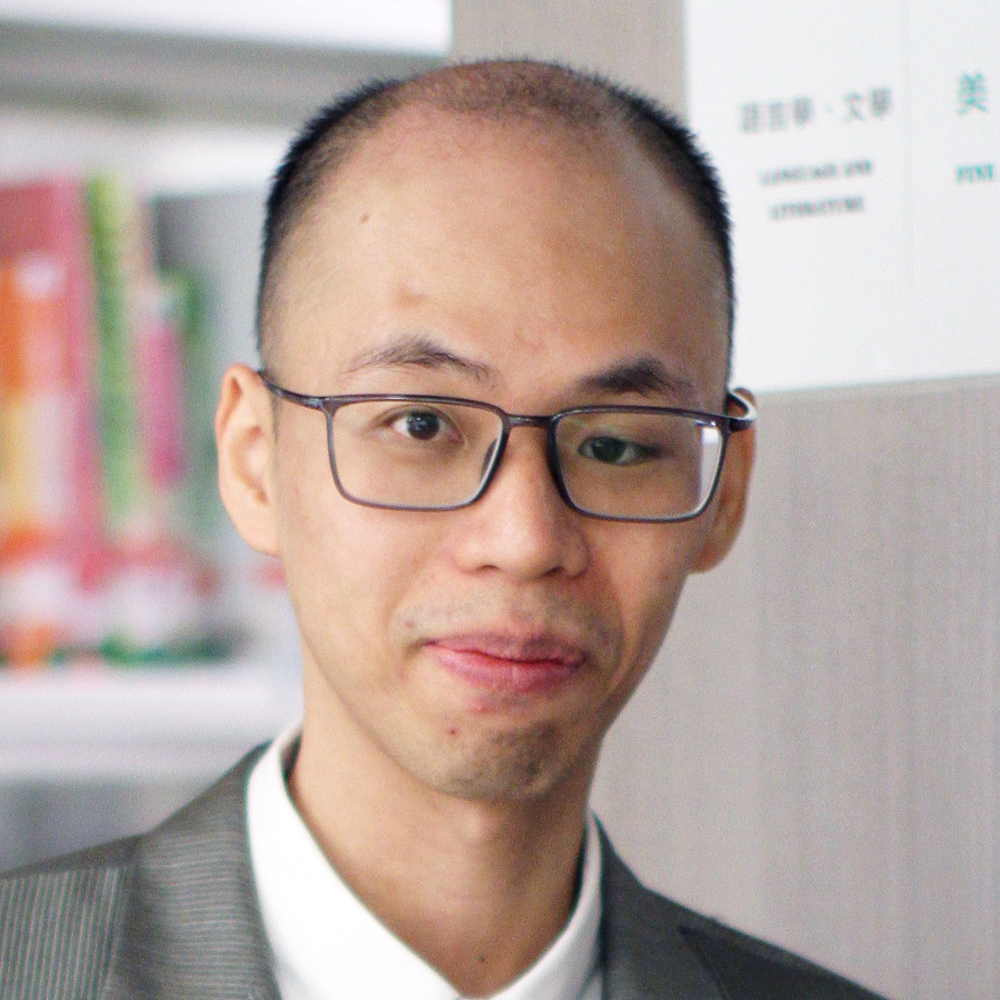
Speaking to AGB, Ryan Ho Hong Wai, a scholar from the Center for Gaming and Tourism Studies at Macao Polytechnic University (MPU), notes that concerts have undoubtedly become one of the primary drivers boosting Macau’s visitation, hotel bookings, and restaurant numbers since the border reopened in January last year.
It has also become the city’s new calling card, as Macau’s top official has set a goal to establish Macau as a “City of Performing Arts” in the government’s 2024 policy address.
The scholar notes that the success of some concerts has bolstered the industry’s confidence. Meanwhile, the new gaming concession, initiated in 2023, has seen six gaming concessionaires pledge an amount of MOP108.7 billion ($13.5 billion) for non-gaming activities next year.
He explains that among non-gaming investments, holding concerts is the fastest project to yield results, as the majority of Macau integrated resorts have performance venues such as arenas, stadiums, and theaters. Therefore, it’s natural to seek new shows.
Additionally, the six gaming operators are obligated to annually submit non-gaming projects to their respective bureaus for evaluation. The scholar points out that some investments require more time to materialize, such as old district revitalization plans, and it also takes time to observe their results.
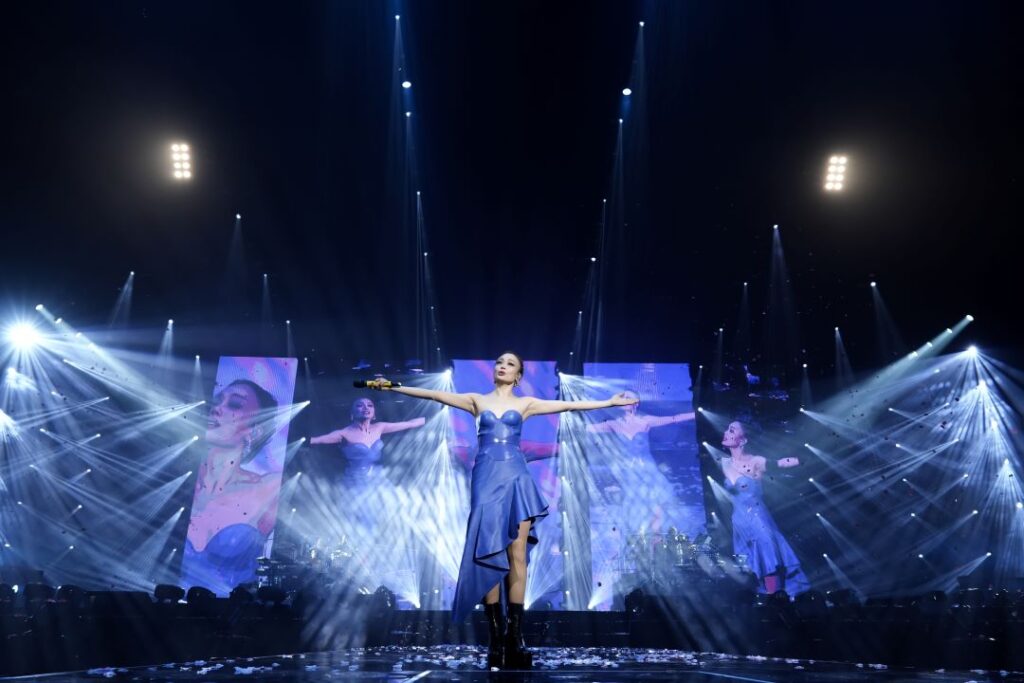
GGR and concerts
Some investment memos mention concerts while analyzing Macau’s gross gaming revenue, suggesting that concerts can directly boost the city’s gross gaming revenue (GGR).
In a previous interview with AGB last year, Morningstar Senior Equity Analyst Jennifer Song stated that at least two gaming operators in Macau recorded historically high daily earnings while hosting concerts on their properties.
These concerts included Blackpink events held by Galaxy Entertainment Group (GEG) in May last year and a concert by Hong Kong singer George Lam, held by MGM.
The scholar from the Center for Gaming and Tourism Studies notes that while concerts can directly drive Macau’s gaming revenue, it is important to recognize the various marketing strategies employed by gaming concessionaires.
He exemplifies the concert of Cantopop legend Jacky Cheung, who held 12 concerts in The Venetian Macao’s Cotai Arena last year between June and July, attracting a record-breaking 109,000 fans.
In an investment note from JP Morgan, it was observed that concerts helped achieve the highest non-holiday GGR since the pandemic.
Ho explains that revenue from concerts depends on marketing strategies, as well as development costs, production costs, and advertising costs.
He indicates that Melco’s strategy, instead of inviting big A-list international artists, was to host smaller-sized concerts at the property’s 5,000-seat-capacity Studio City Event Center.
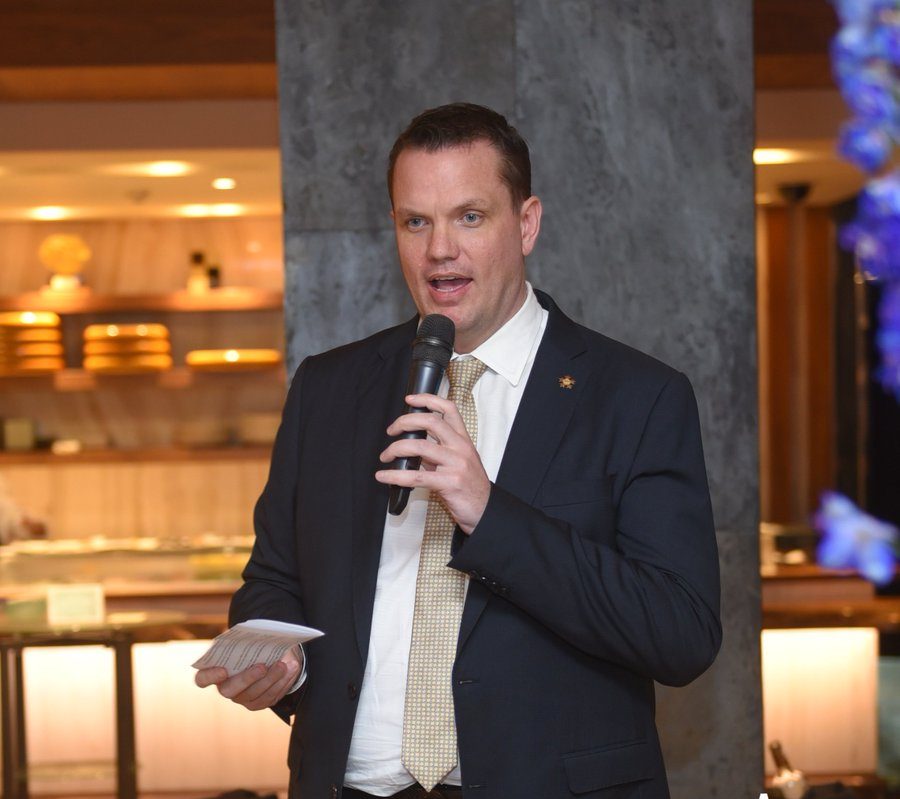
Kevin Benning, senior vice president, and property general manager of Studio City, previously revealed in a media outlet that a residency show could fill the Event Center across several nights, similar to a stadium-level show. The residency show also boosted hotel room sales and F&B performance.
Benning also disclosed that the property operator typically targets approximately one-third to half of the residency concert tickets for the general public, while the remainder is block booked for gaming patrons.
In this context, Ho notes that hosting concerts can only reach breakeven, or it’s better to say that gaming operators are seeking overall economic effects instead of just box office revenue.
In a comment on Macau concerts strategy, authors Ryan Ho and MBA student Cheong Wa Wa indicate that June is generally the off-season for tourism, and concerts not only drive people flow to the host venue but also allow the industry to benefit from the spillover effect of “concert economics.”
In a detailed analysis, Macau hosted more than 180 pop concerts, averaging about 15 a month. Concerts are concentrated in the middle and end of the year, with the highest number of concerts in July and December, with 28 and 25 music events, respectively.
Since the beginning of last year, the number of concerts in Macau was relatively small in the first season, but the number has significantly increased since the second season (see table). These music events, which focus on public entertainment, invite international, mainland, Hong Kong, and Taiwan singers, including some famous stars and popular idols.
Ho told AGB that music events enhance the city’s popularity and tourist appeal. During the concert period, hotel occupancy increased significantly, and tourist spending also rose.
He mentions the American superstar Taylor Swift, whose ongoing world tour has now grossed more than $1 billion, becoming the highest-grossing concert tour of all time. However, “the performances in Asia are limited to Tokyo and Singapore. It is reported that organizations in Hong Kong and Macau are trying to secure concert residencies, even offering favorable conditions such as free venue rent. However, Macau failed to hold the concerts”.
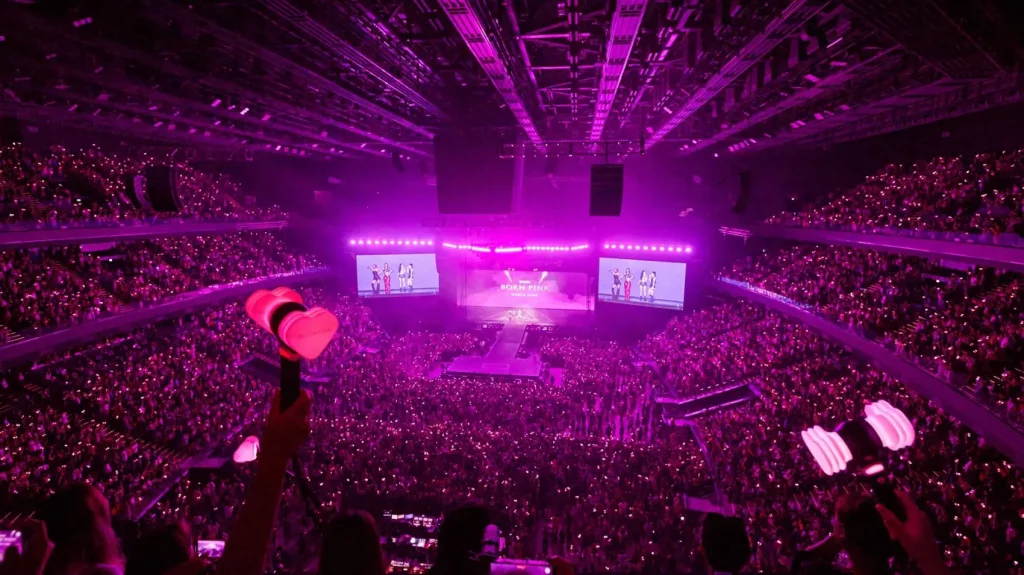
Challenges
The city’s capacity has also become a new concern after a Korean pop boy band’s concerts in a community venue have sparked controversy in town. The concert caused blocked streets, long queues at the borders, and significant traffic jams in the area.
Ho notes that hosting concerts in integrated resort venues will not pose a significant problem. However, transportation and border crossings may require more coordination with the authorities.
On the other hand, he also indicates that many visitors returned to their places of origin directly after the concert. This means that the industry needs to consider how to extend the stay of these MICE visitors.


